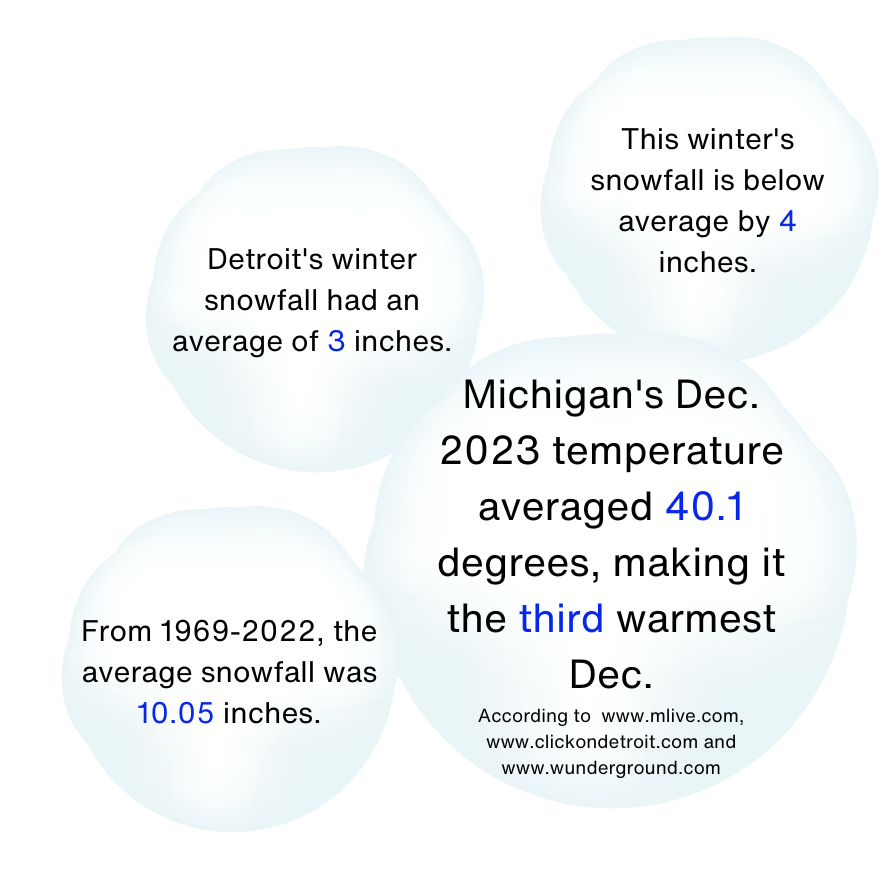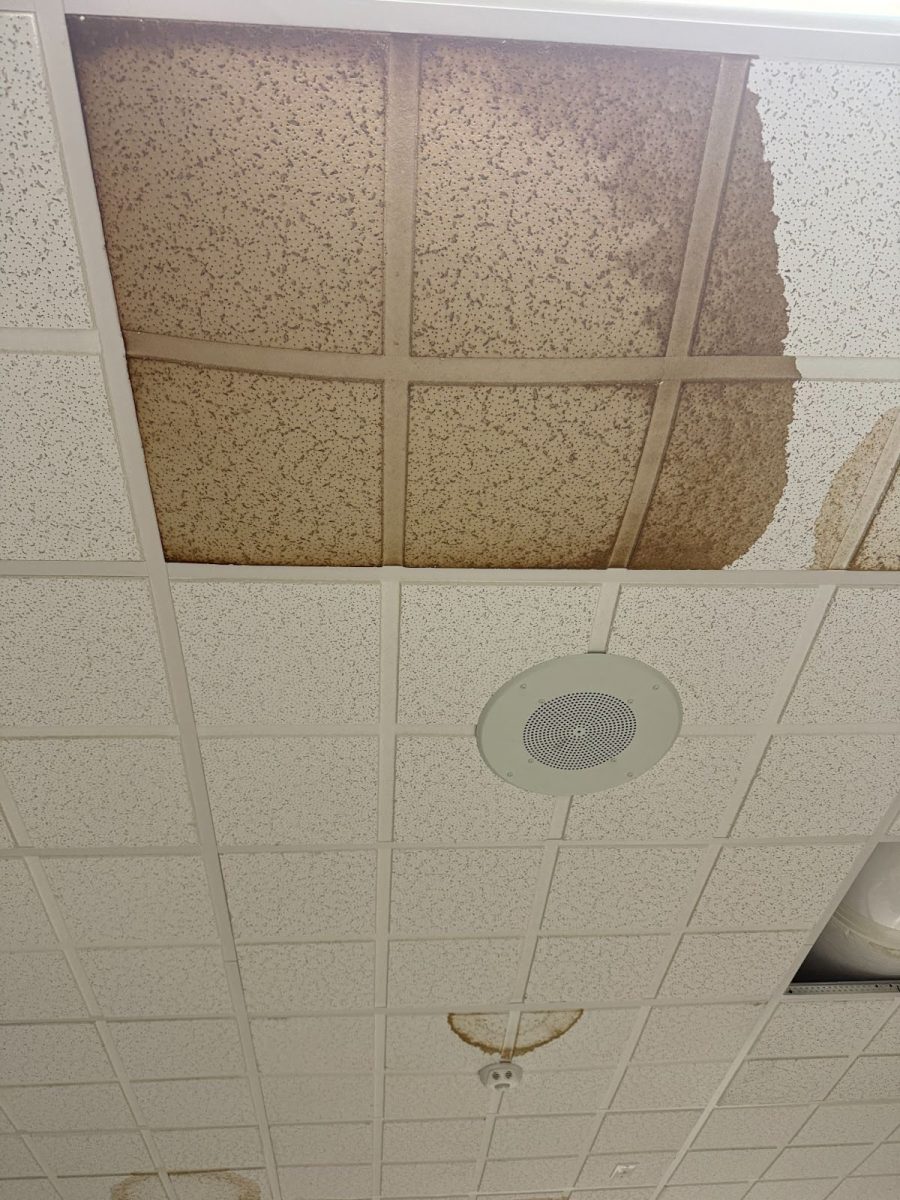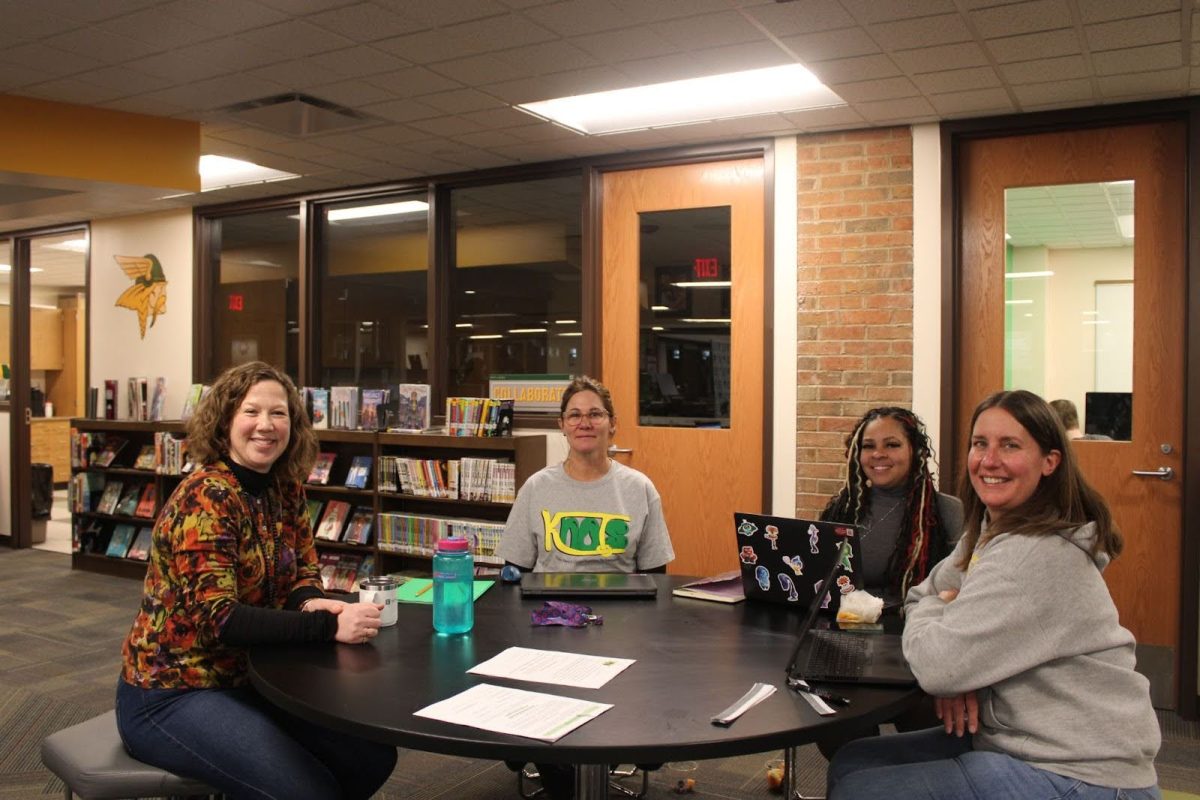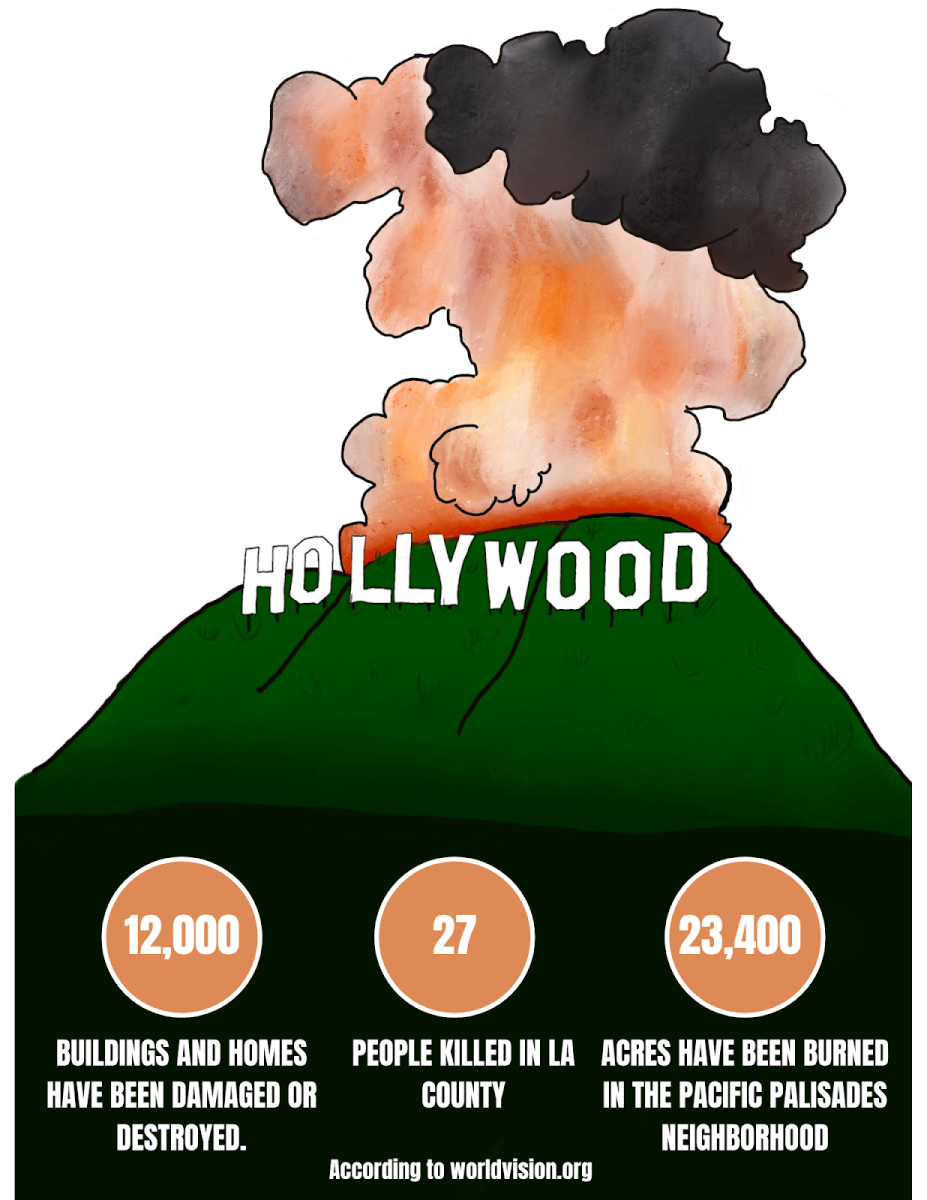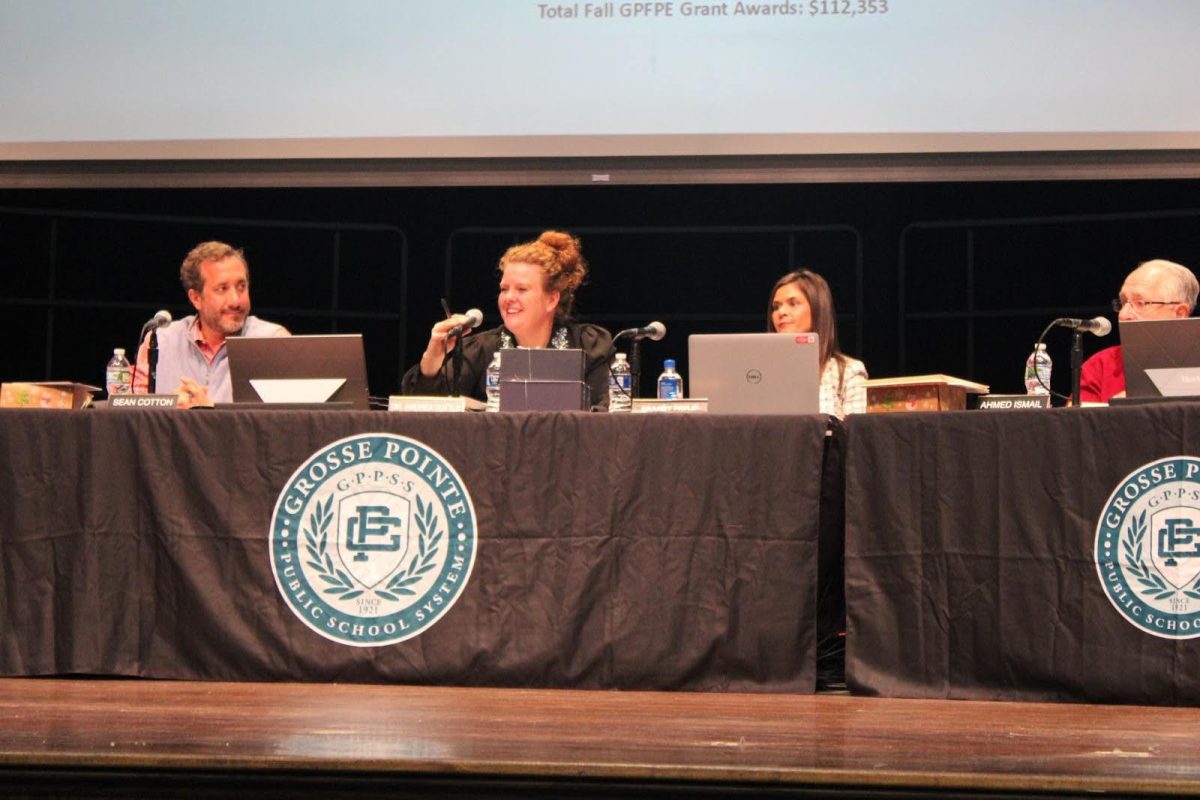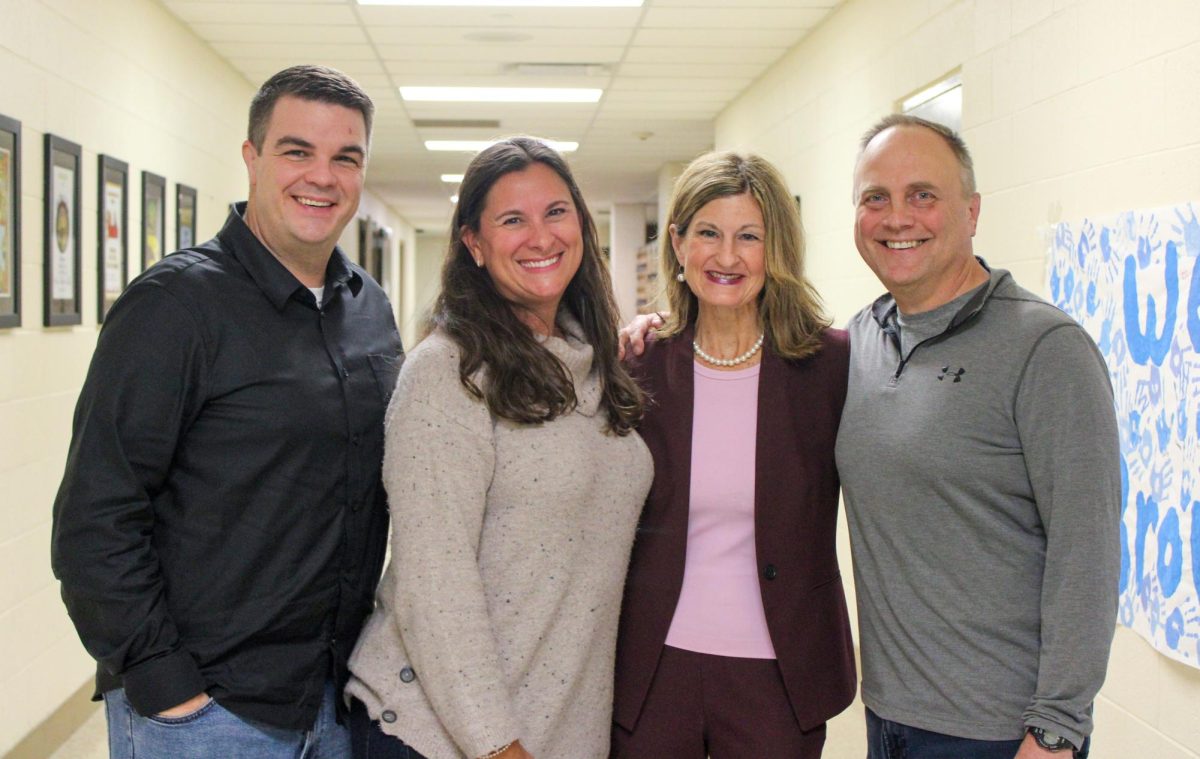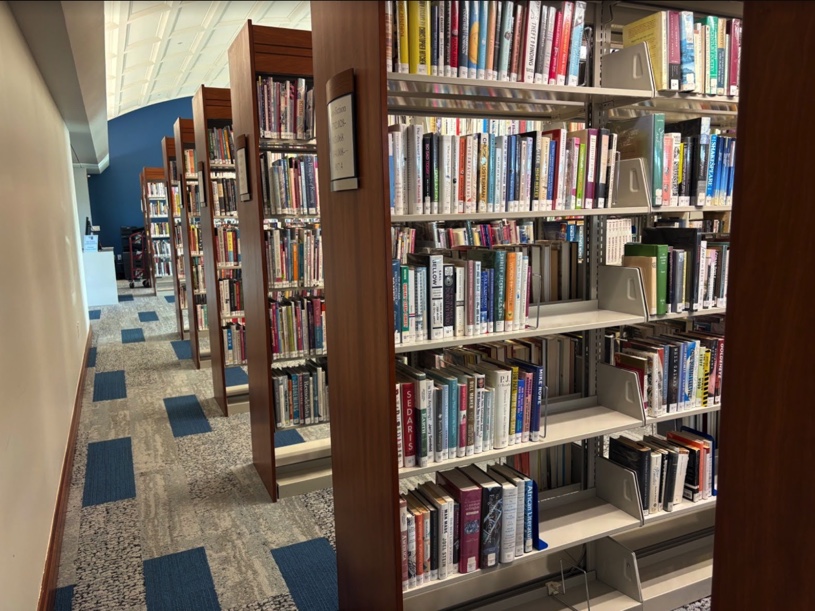This winter, Michigan has experienced both a decline and delay in snowfall, impacting ski resorts and prompting a need to adjust to climate change. As temperatures continue to rise, ski resorts must work around fluctuating winter weather patterns and rely on creating artificial snow.
Many skiers, specifically sophomore Liliana Ivanaj, have resorted to skiing on artificial snow due to insufficient snowfall, highlighting the broader issue of climate change affecting traditional Michigan winter experiences. According to Ivanaj, artificial snow can lead to potential iciness impacting the quality of a run, however, she does not believe it to be a drastic difference.
“Normally the fake snow will be a little more slippery, as I said, but it is still a good time,” Ivanaj said. “Of course, the fresh powder does make a little bit of a difference, because it’s just a little more fun and easier to control yourself. Overall, it’s not the biggest difference in the world.”
Late snowfall significantly impacts events for snow sports, such as delays and cancellations according to Mt. Holly ski patroller, Stephen Roberts resulting in adjustments due to the warmer climate.
“It greatly reduces the activities and the duration of those activities, like the race teams and such, they’re unable to host their events for lack of snow and conditions,” Roberts said.
Explaining the shift in conditions, AP Environmental Science teacher Andrew Pola breaks down the relationship between the decline in snowfall within the broader context of climate change.
“Climate change is resulting in overall warming of average temperatures,” Pola said. “In some places this is expected to increase average snowfall because warmer air holds more moisture.”
Proposing a solution to avoid future obstacles, Pola expresses that humans have some power over climate change. He emphasizes that controlling climate change requires reducing human emissions of greenhouse gasses and innovations that remove them from the atmosphere.
“The recent warming of our climate is far outside any natural variation we have detected,” Pola said. “This is due to humans releasing greenhouse gasses, like carbon dioxide, into the atmosphere. Greenhouse gasses come from a variety of sources but most have come from industrialization and the combustion of fossil fuels.”


